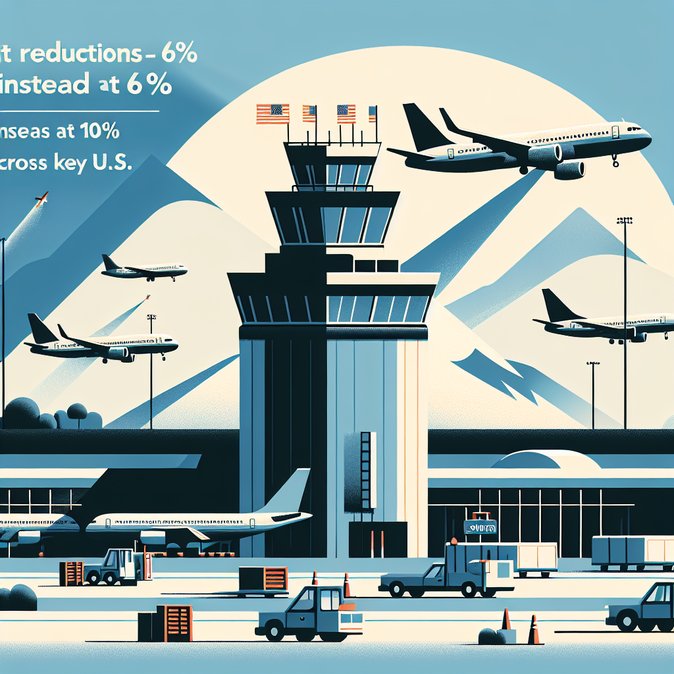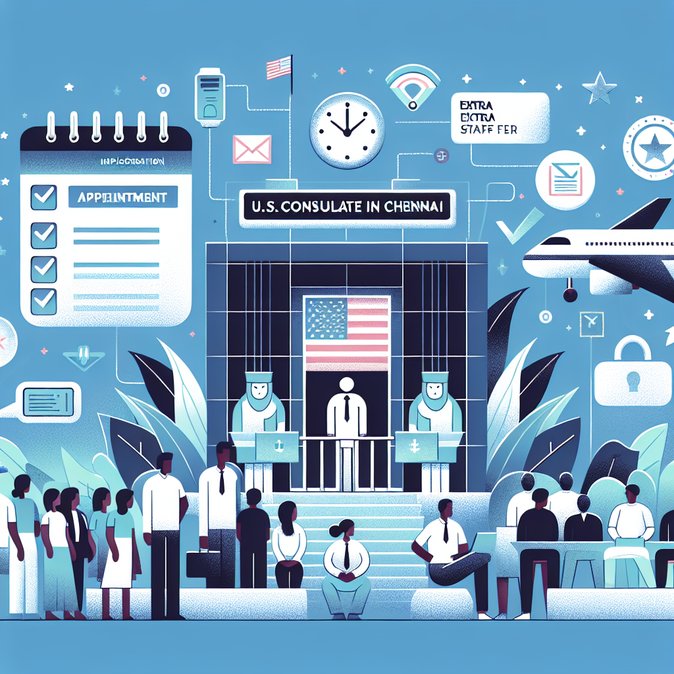
In a sweeping reinterpretation of the Immigration and Nationality Act’s public-charge provisions, Secretary of State Marco Rubio has quietly issued a November 6 cable instructing consular posts to treat common chronic illnesses—including obesity, diabetes, cardiovascular disease, cancer and certain mental-health conditions—as potential grounds for denying both immigrant and non-immigrant visas.
The cable, disclosed on 13 November, effectively broadens medical inadmissibility beyond the long-standing focus on communicable diseases. Consular officers must now analyze whether an applicant’s projected lifetime medical costs could create “a substantial burden on U.S. taxpayers.” Officers are also told to scrutinize an applicant’s age, number of dependents and the health of family members who might inhibit the principal applicant’s ability to work.
![State Department Adds Obesity and Other Chronic Illnesses to Visa "Public-Charge" Tests]()
Unlike earlier public-charge rules, the guidance bypassed normal rule-making and was not vetted by career State or CDC officials, sparking accusations that the administration is weaponizing routine health conditions to choke legal migration. Health-care advocates warn that the policy could disproportionately affect applicants from countries with high obesity rates and undermine global efforts to treat chronic disease.
For multinationals, the change raises new compliance risks. Employers sponsoring L-1 or H-1B staff may have to fund private insurance or provide detailed medical affidavits to demonstrate self-sufficiency. Travel managers should anticipate longer administrative processing and higher refusal rates, particularly for short-term B-1/B-2 visitors who are older or who disclose routine prescriptions.
Practically, mobility teams should update health-questionnaire templates, alert assignees that routine “wellness” metrics could now appear in visa interviews and budget additional time—and contingency counsel—for 221(g) medical refusals. Firms with globally mobile talent pipelines may need to expand Canada- or Mexico-based “near-shoring” strategies if denial rates spike for U.S. postings.
The cable, disclosed on 13 November, effectively broadens medical inadmissibility beyond the long-standing focus on communicable diseases. Consular officers must now analyze whether an applicant’s projected lifetime medical costs could create “a substantial burden on U.S. taxpayers.” Officers are also told to scrutinize an applicant’s age, number of dependents and the health of family members who might inhibit the principal applicant’s ability to work.

Unlike earlier public-charge rules, the guidance bypassed normal rule-making and was not vetted by career State or CDC officials, sparking accusations that the administration is weaponizing routine health conditions to choke legal migration. Health-care advocates warn that the policy could disproportionately affect applicants from countries with high obesity rates and undermine global efforts to treat chronic disease.
For multinationals, the change raises new compliance risks. Employers sponsoring L-1 or H-1B staff may have to fund private insurance or provide detailed medical affidavits to demonstrate self-sufficiency. Travel managers should anticipate longer administrative processing and higher refusal rates, particularly for short-term B-1/B-2 visitors who are older or who disclose routine prescriptions.
Practically, mobility teams should update health-questionnaire templates, alert assignees that routine “wellness” metrics could now appear in visa interviews and budget additional time—and contingency counsel—for 221(g) medical refusals. Firms with globally mobile talent pipelines may need to expand Canada- or Mexico-based “near-shoring” strategies if denial rates spike for U.S. postings.


